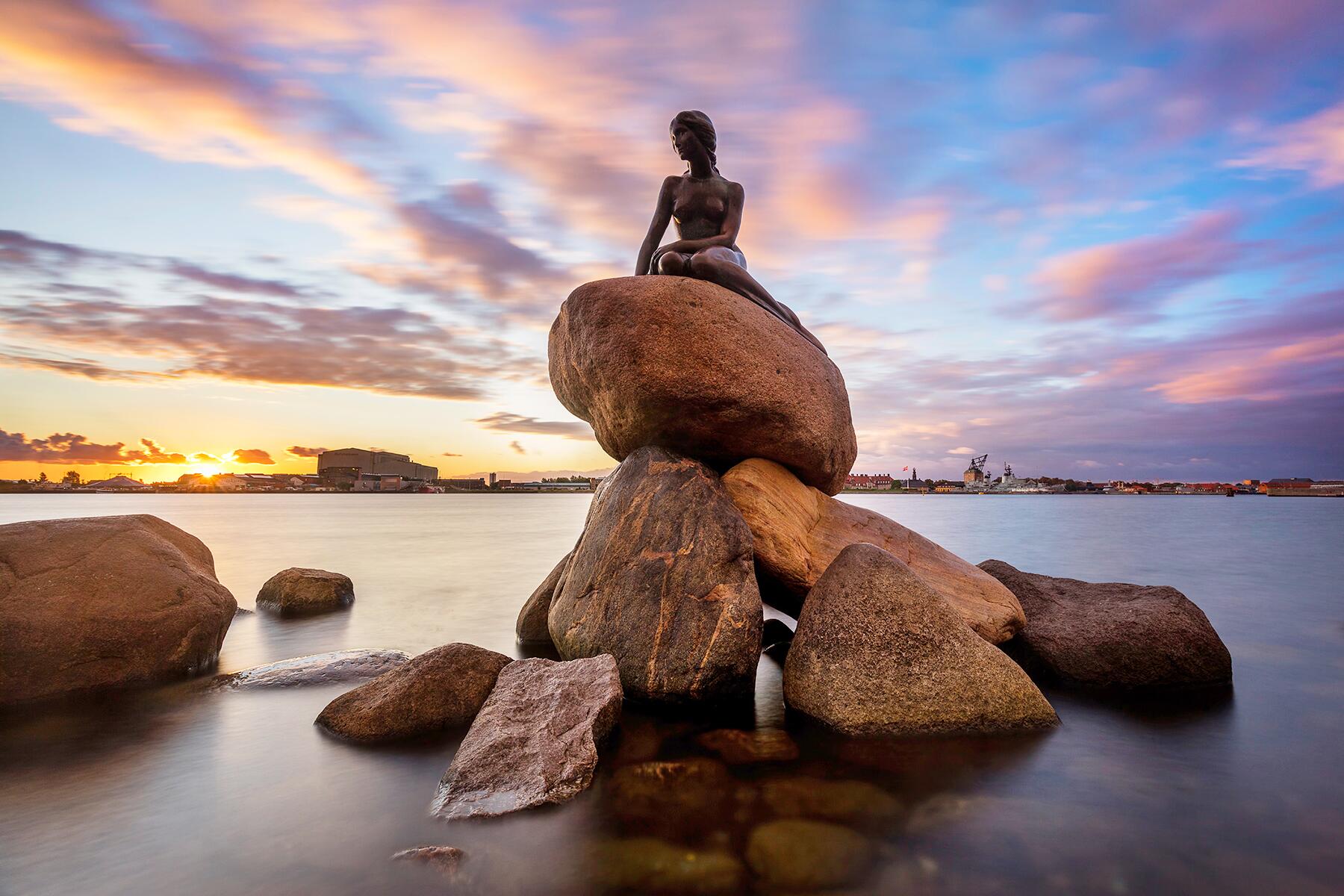“I must be a mermaid, Rango. I have no fear of depths and a great fear of shallow living.”
— Anais Nin
There are the things we do, and the things we cannot do without.
We cannot do without supper. But a feast? A feast is an admission of soul. One mustn’t let it slip in any old place. It demands a cathedral.
Copenhagen was first famous for a fairytale about belonging; next, a colony of free people settled and proved that the civilised may live without restriction; and finally, for being home to the finest restaurant in the world.
Noma came along and shifted the town’s dining scene from smørrebrød and schnapps purveyors, such as the noble Schønnemann, to a different kind of fermentation altogether, constantly changing its own face while somehow clinging to sincerity for over twenty years.
When it reached the end of its triumph, it was survived by the legions who had staged there, each of them watchful by nature and with sovereign vision, their knowledge deepening as they bid their time. . .
Its sister restaurant, Barr, had already blagged the old house, peddling refined schnitzel and craft beer from Noma’s original premises. Its pâtissier stepped out of its shadow with his own outfit, Juno, in Østerbro. But a closer eye should have been kept on the sommelier, who co-founded Fiskebar—a chic paradise of fish-butchery over in the meat-packing district.
Like many who figure out that life’s only fiction is the superficial, Supper Club Volume I concludes in the city of mermaids. Over twenty-four hours, we will devour all of the above.
Anyway, that’s sustenance. Maybe food should be more trivial than that, but it isn’t. It’s our only talisman, perhaps.
Perhaps.

